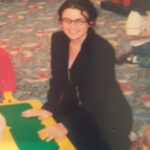
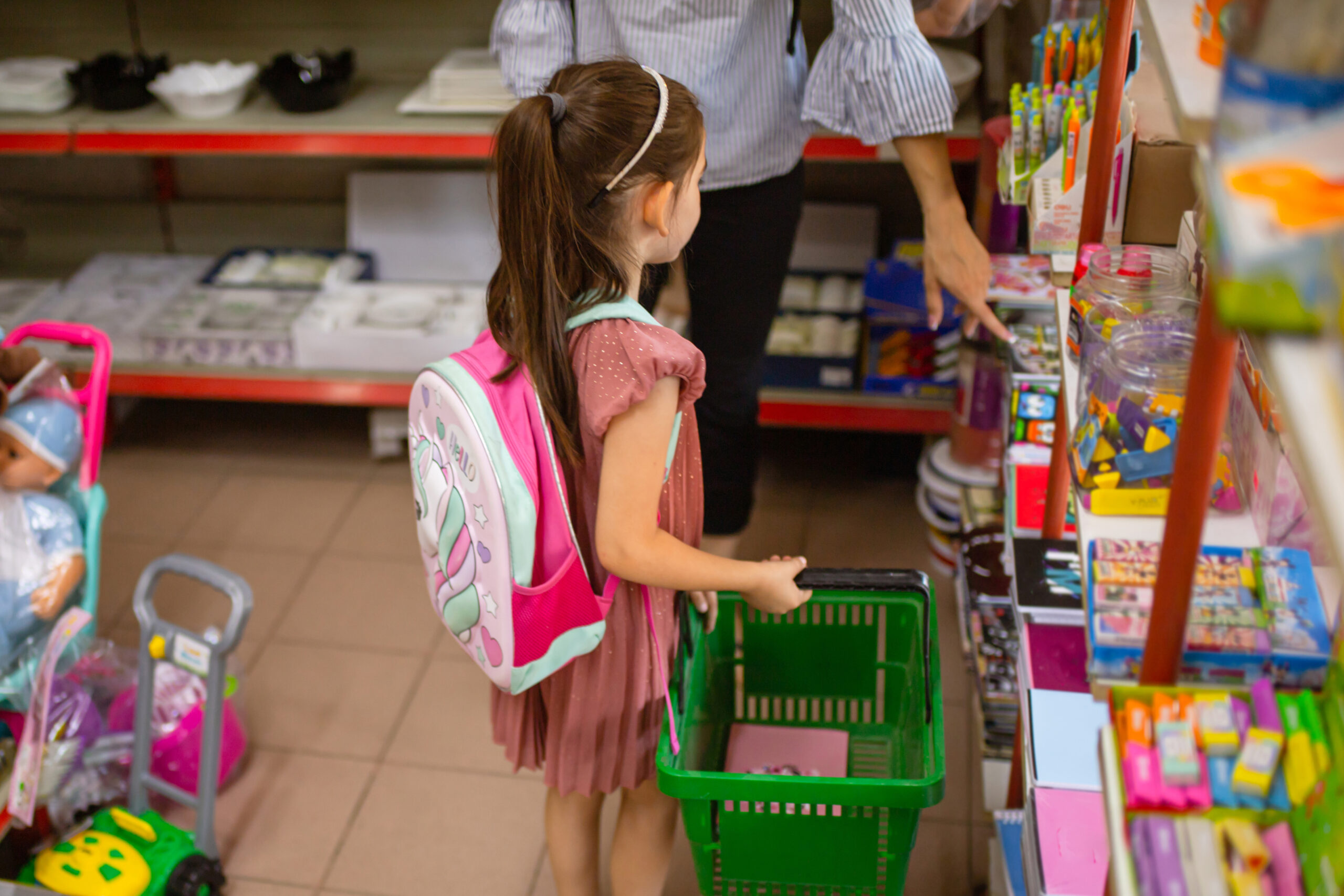
Gone are the days when school supply lists only contained notebooks and pencils. Today, parents are expected to provide everything from cleaning supplies to stress balls.
“For the vast majority of teachers, there really is a method to the madness on these lists,” says Tim Sullivan, founder of TeachersList.com, which collects and posts school supply lists from around the country. "One red folder and one blue folder may sound silly or unimportant, but not when red will always mean vocabulary and blue will always mean math for the entire class for the entire year. Your child’s green folder just won’t work.”
What unique requests could your kid be required to fulfill this year? If your child attends one of the schools mentioned, it could include anything from shaving cream to gluten-free paint.
Potting Soil
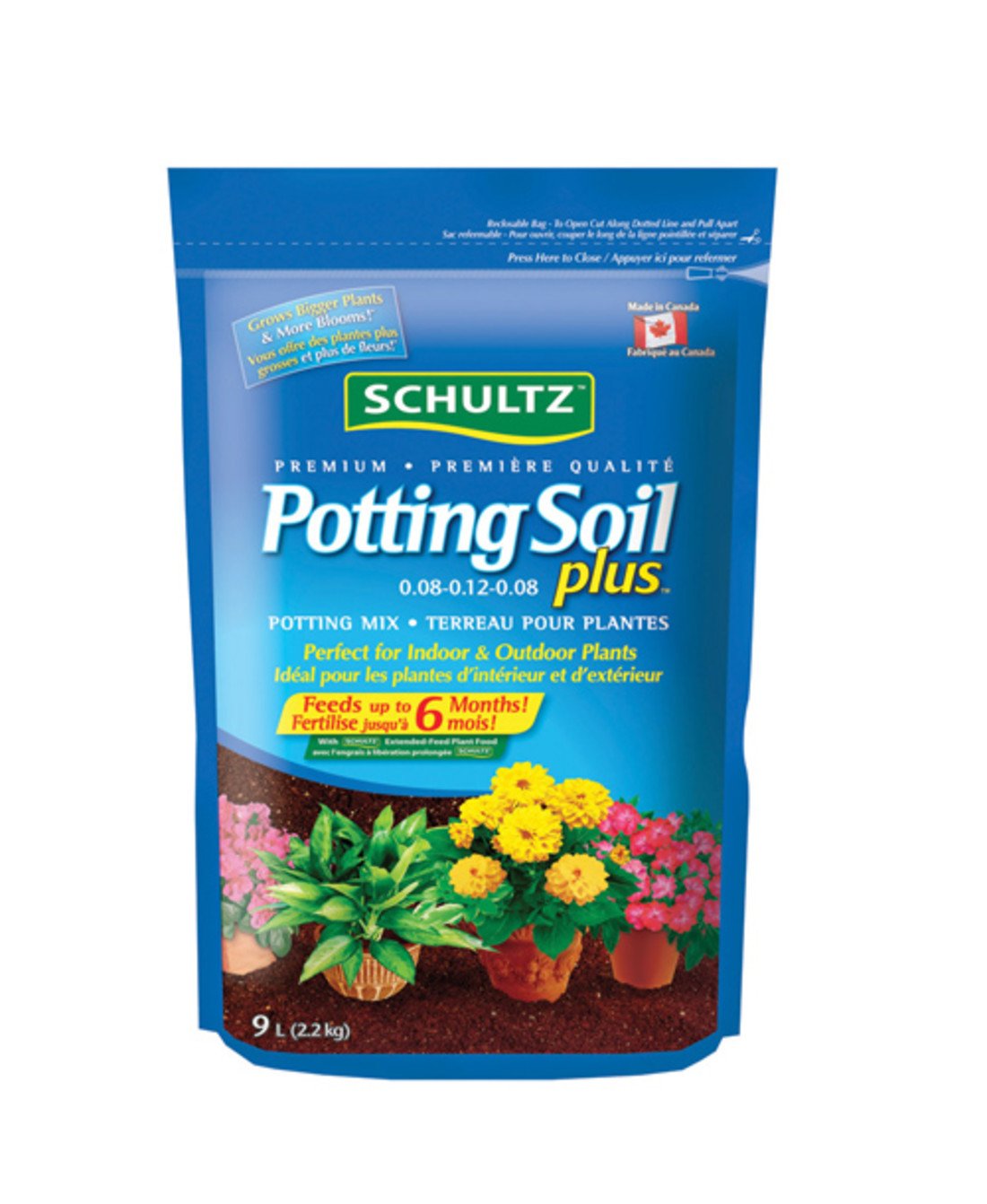
With potting soil, kids can create a variety of science projects as well as help veggies or legumes grow in their classroom’s garden. If students are growing edible items, teachers can also incorporate lessons on nutrition. One common science project is comparing whether plants grow better in water or soil.
Gluten-Free Paints
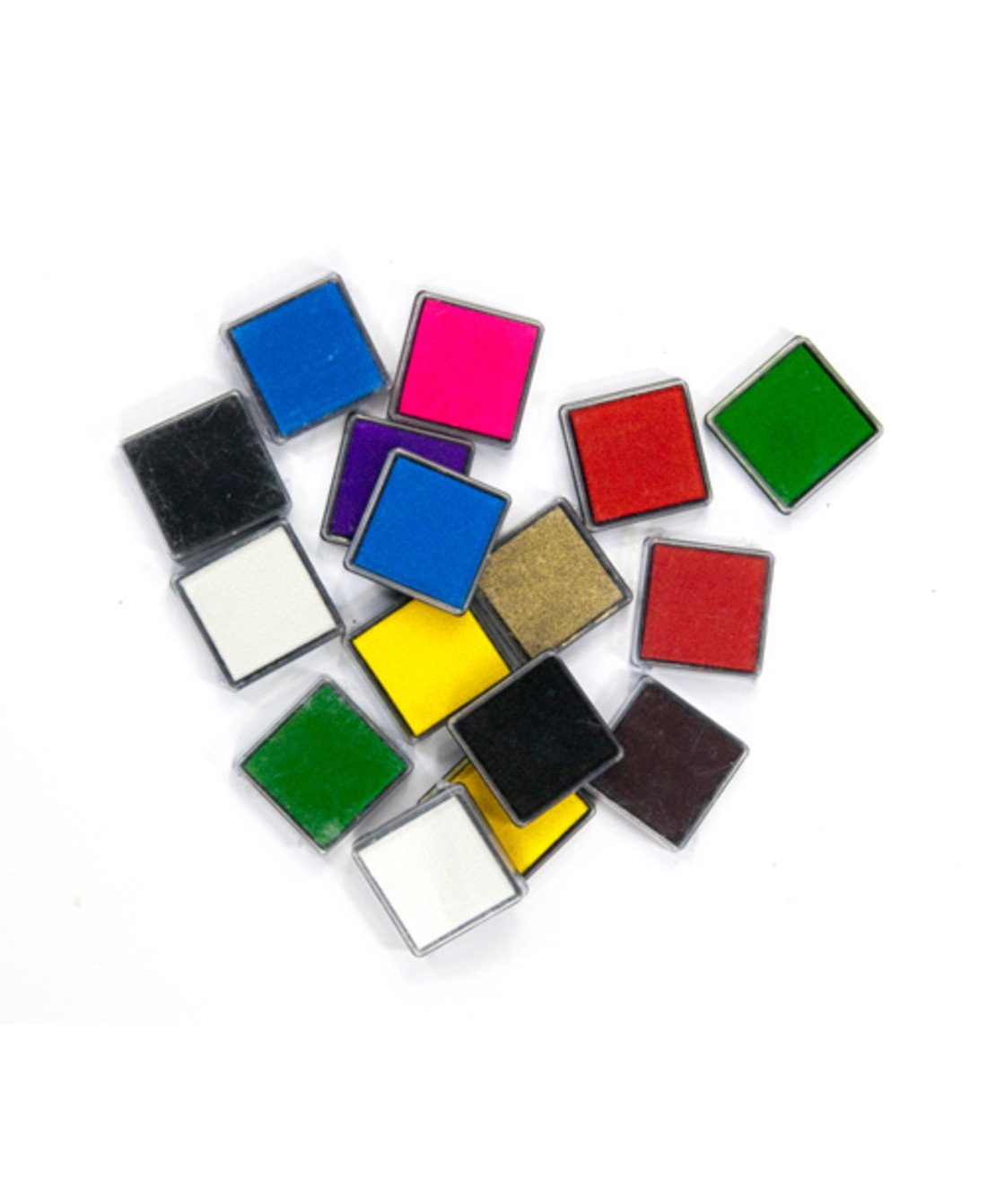
Some students have to carefully monitor their diets to avoid gluten … and since young kids' diets can include non-food items like paint (unsavory as that may sound), it's nice for parents of kids with Celiac disease and gluten intolerance to know that paints are non-toxic and gluten-free.
Toothpaste
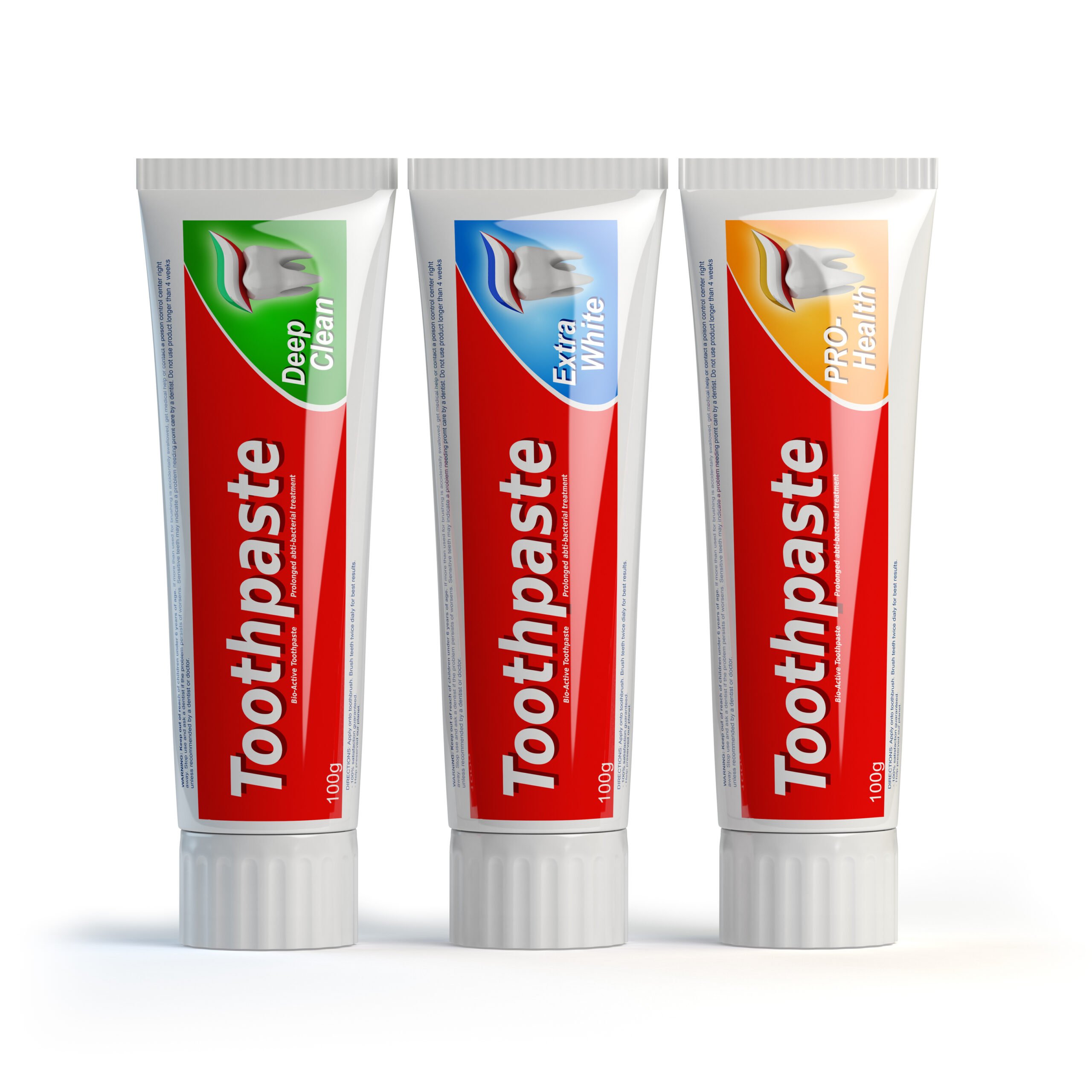
Toothpaste isn't just for kids to practice brushing their teeth and develop good hygiene habits. Toothpaste is also used for anti-bullying exercises. “Each child is asked to pinch a little toothpaste out of a tube every time they say (role-play) something unkind to someone,” Griffin says. “At the end of the exercise they are asked to try to put the toothpaste back in the tube, which is not an easy thing to do. This teaches that you cannot take back hurtful words.”
Shaving Cream
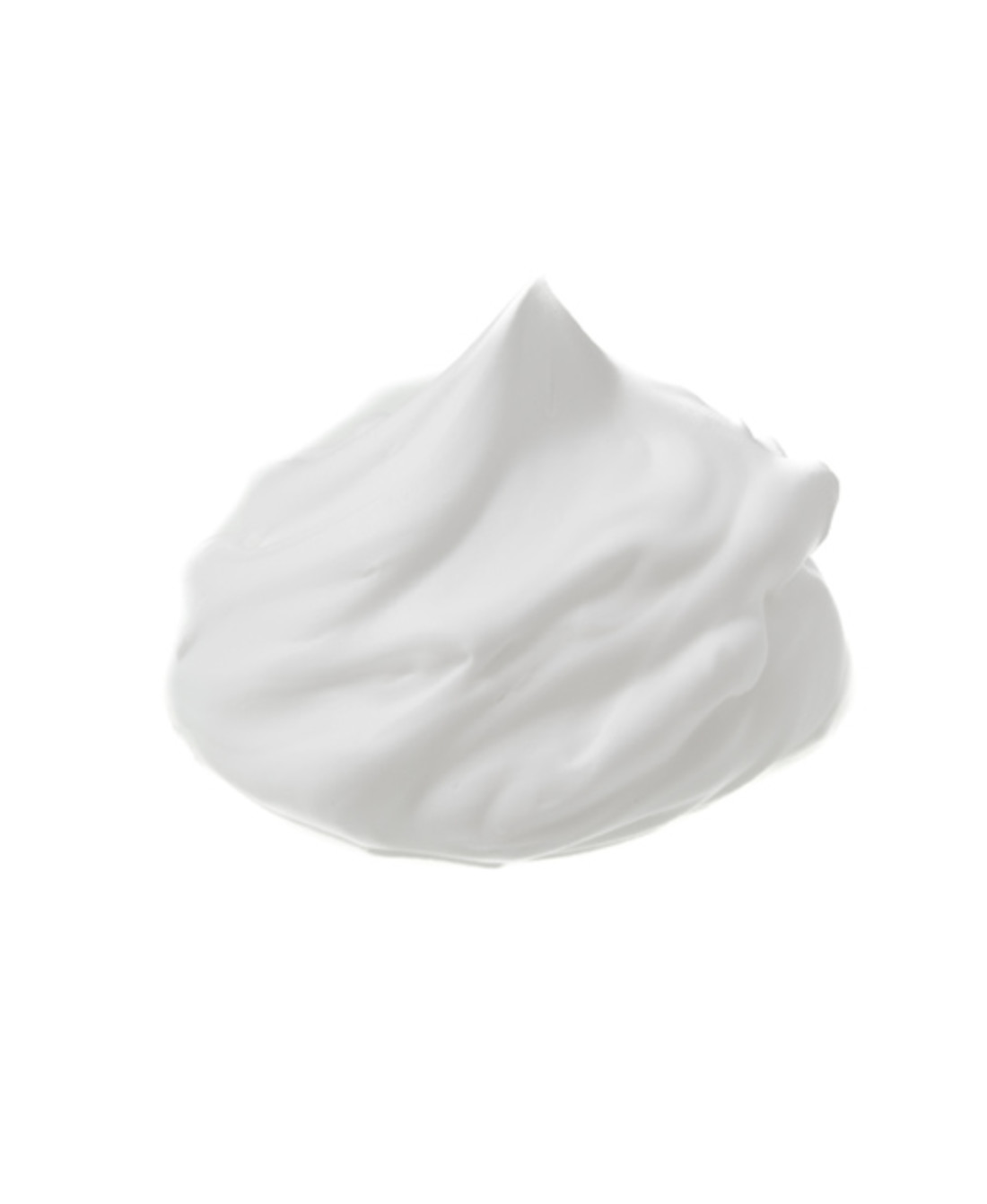
_
Your pre-K child doesn’t need a close shave, but he does need to begin developing good spelling. According to one teacher, says Griffin, "practicing spelling is a lot more fun with shaving cream, and it cleans the desks in the process!”
Playing Cards
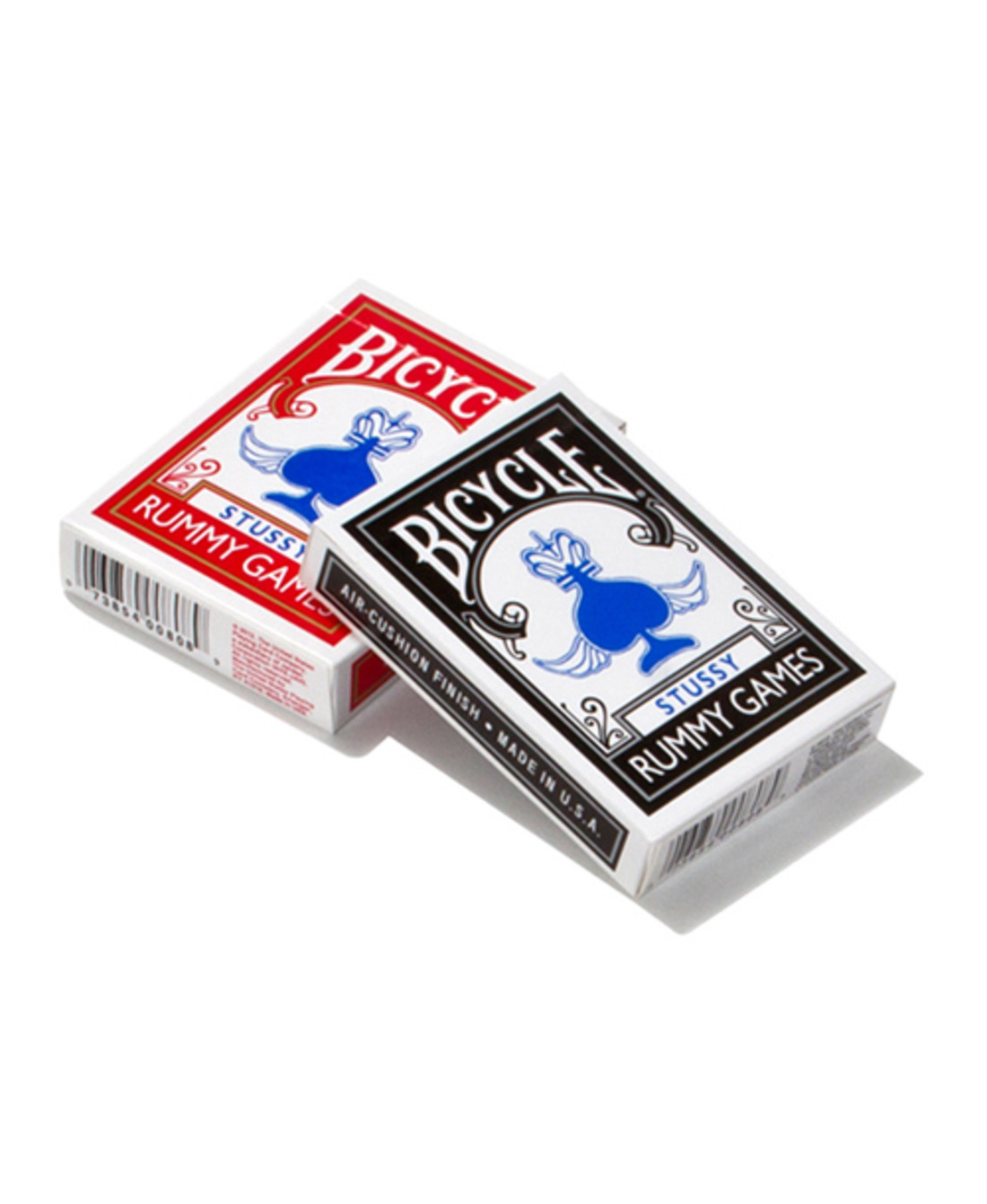
Math is a dreaded subject for many kids (and adults!), so why not make it a little more fun with a deck of playing cards? Kids aren’t playing Go Fish or poker in classrooms—they’re playing Capture That Fraction, Subtraction Snakes and Multiplication Quick Draw. “There are tons of different games kids can play with a deck of cards to master math skills," Griffin says.
Film Canisters
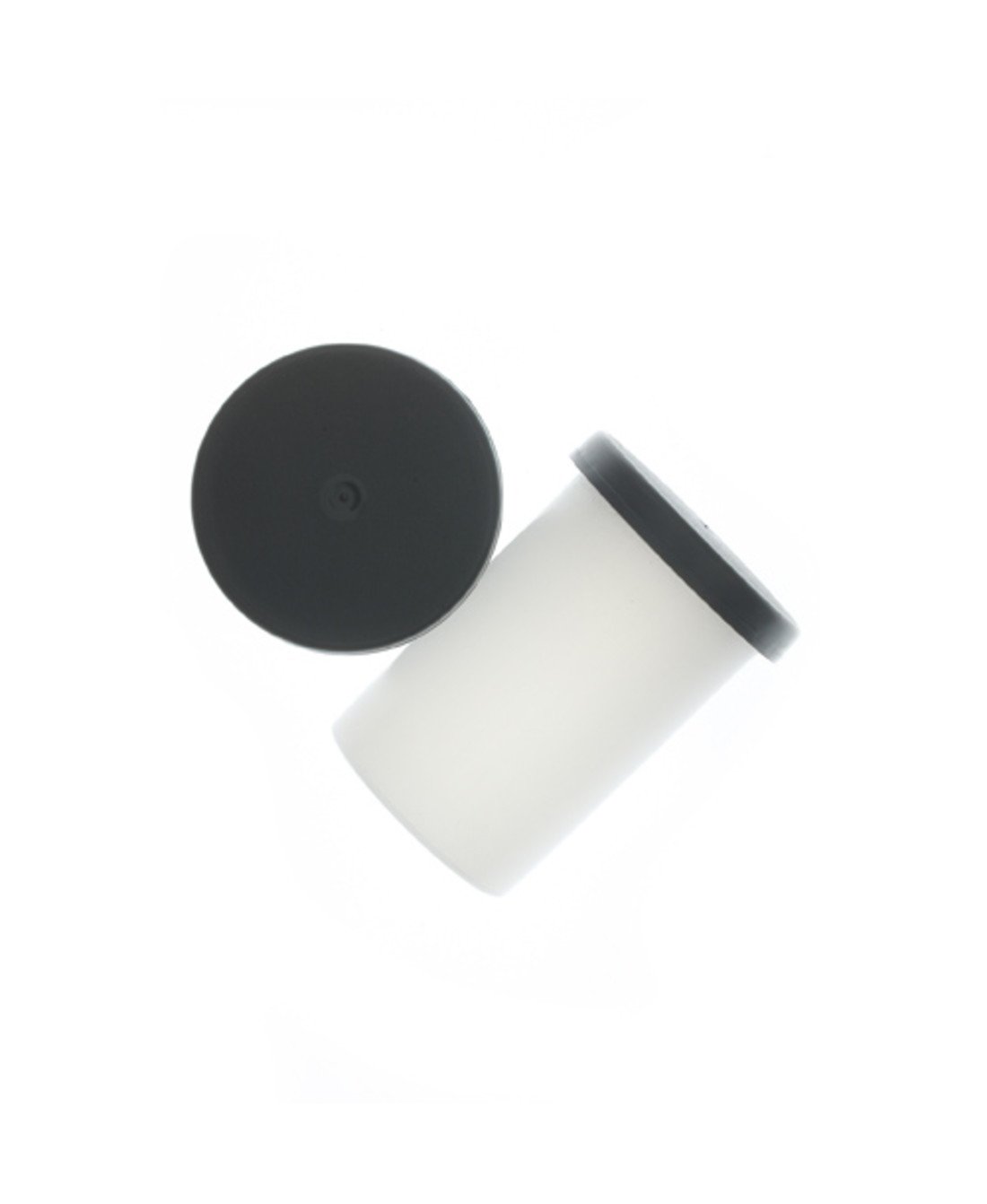
While this is the age of digital photos, some schools want students to have old film canisters — and it's not because students will be taking old-timey pictures. Teachers want kids to keep loose change in them. At Jefferson elementary, the school supply list also specifies exactly how many dimes, quarters and nickels students should fill the canister with. Why? “Teachers will use the actual change to teach students the values of the different coins,” Dyanne Griffin, TeacherLists.com spokeswoman says.
Q-tips
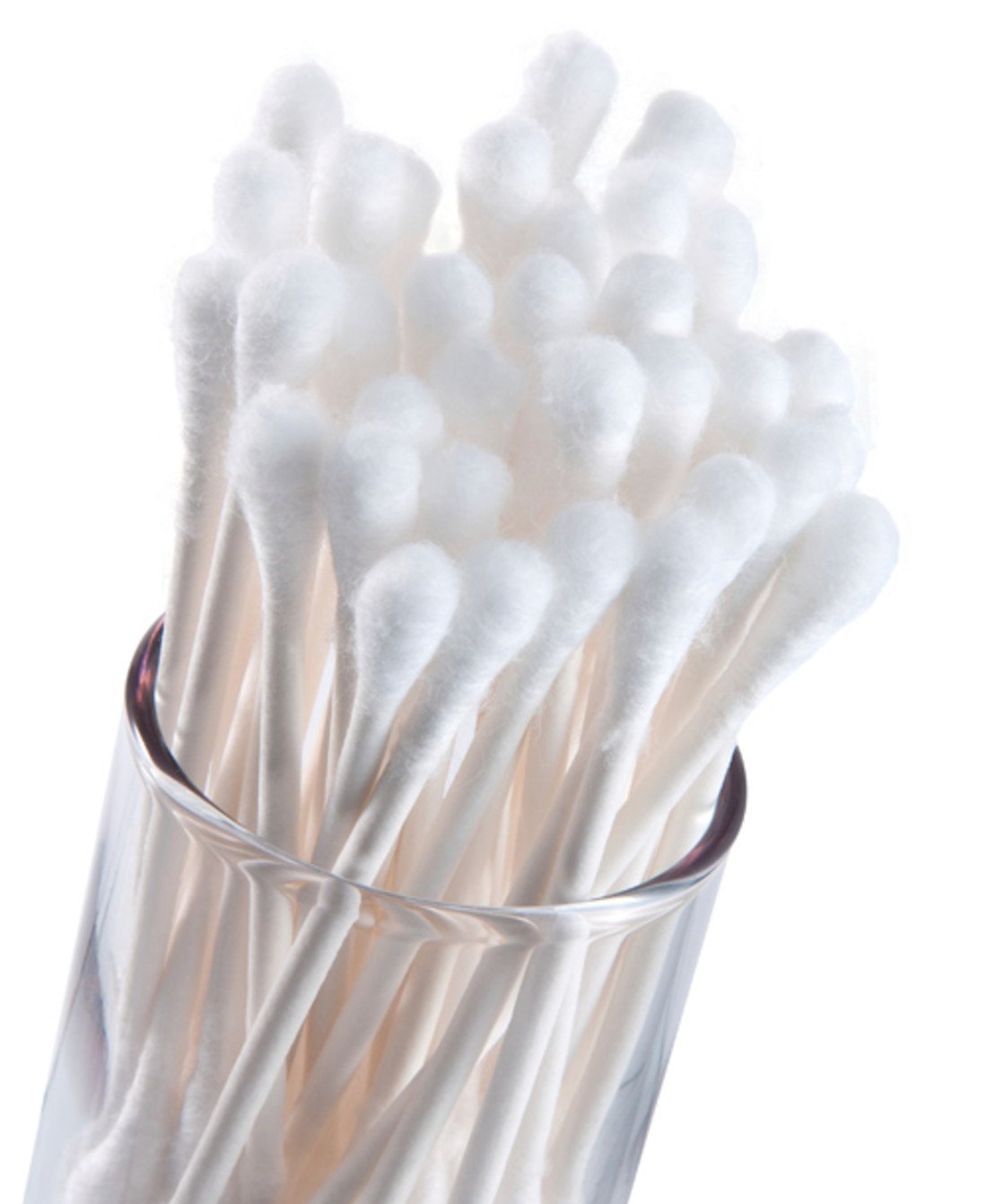
Q-tips are a young artist’s best friend. They can be used as inexpensive paintbrushes that are simply tossed in the garbage can after usage. With these cheap, easy-to-use tools, kids can have separate brushes for multiple colors. If an art teacher wants students to work with clay, Q-tips can be used to draw faces on their sculptures or carve designs. Q-tips are also glue applicators for art projects.
Public Library Card With No Pending Fees
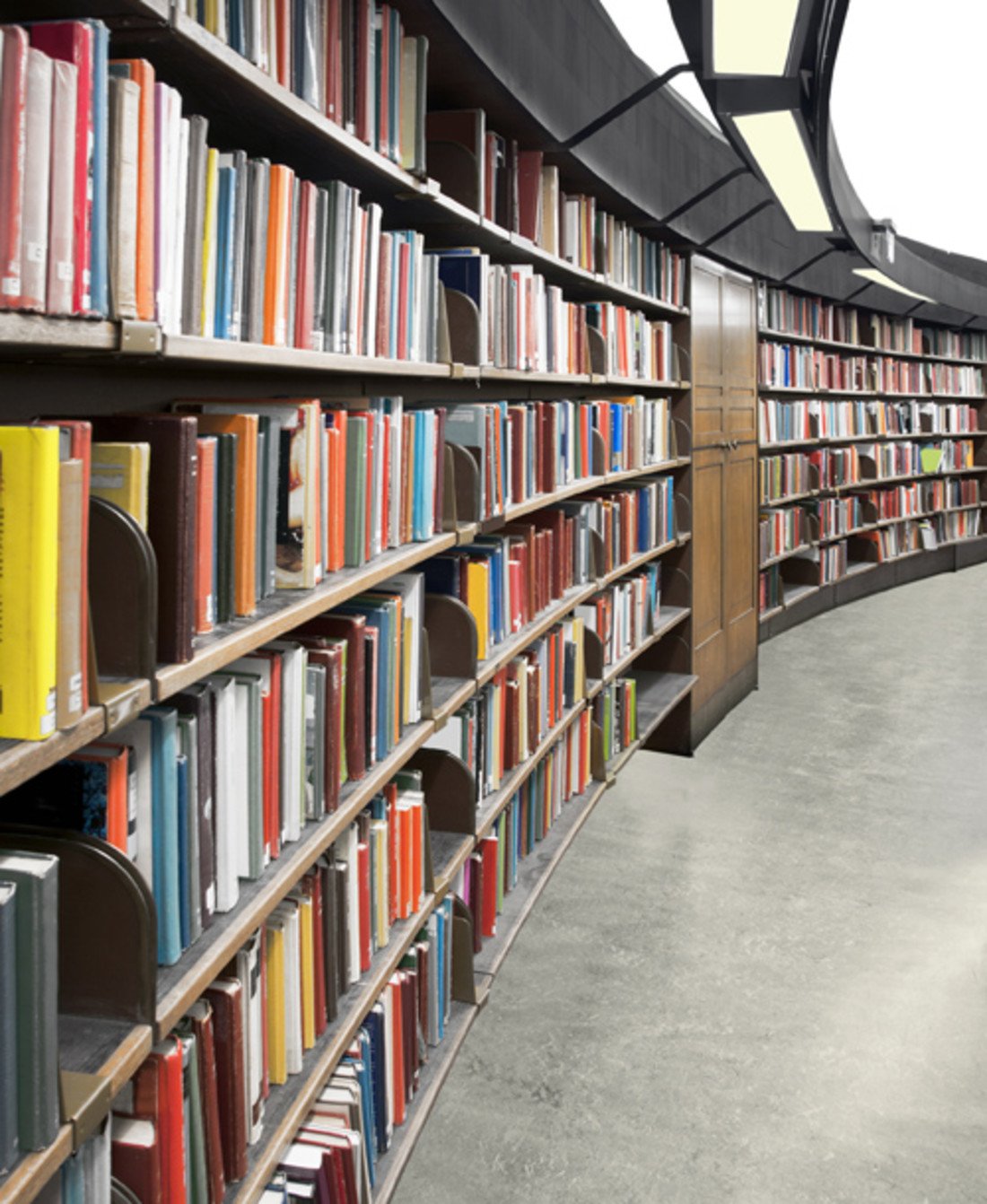
A library card is a good item for anyone, child or adult, to have. But why is it required by schools? Having a library card gives free access to books the school can’t provide. At the Lake Eola Charter School in Orlando, Fla., 4th and 5th graders in Cluster II are expected to have a fine-free, unexpired card before the first day of school.
Stress Balls or Pop-Its
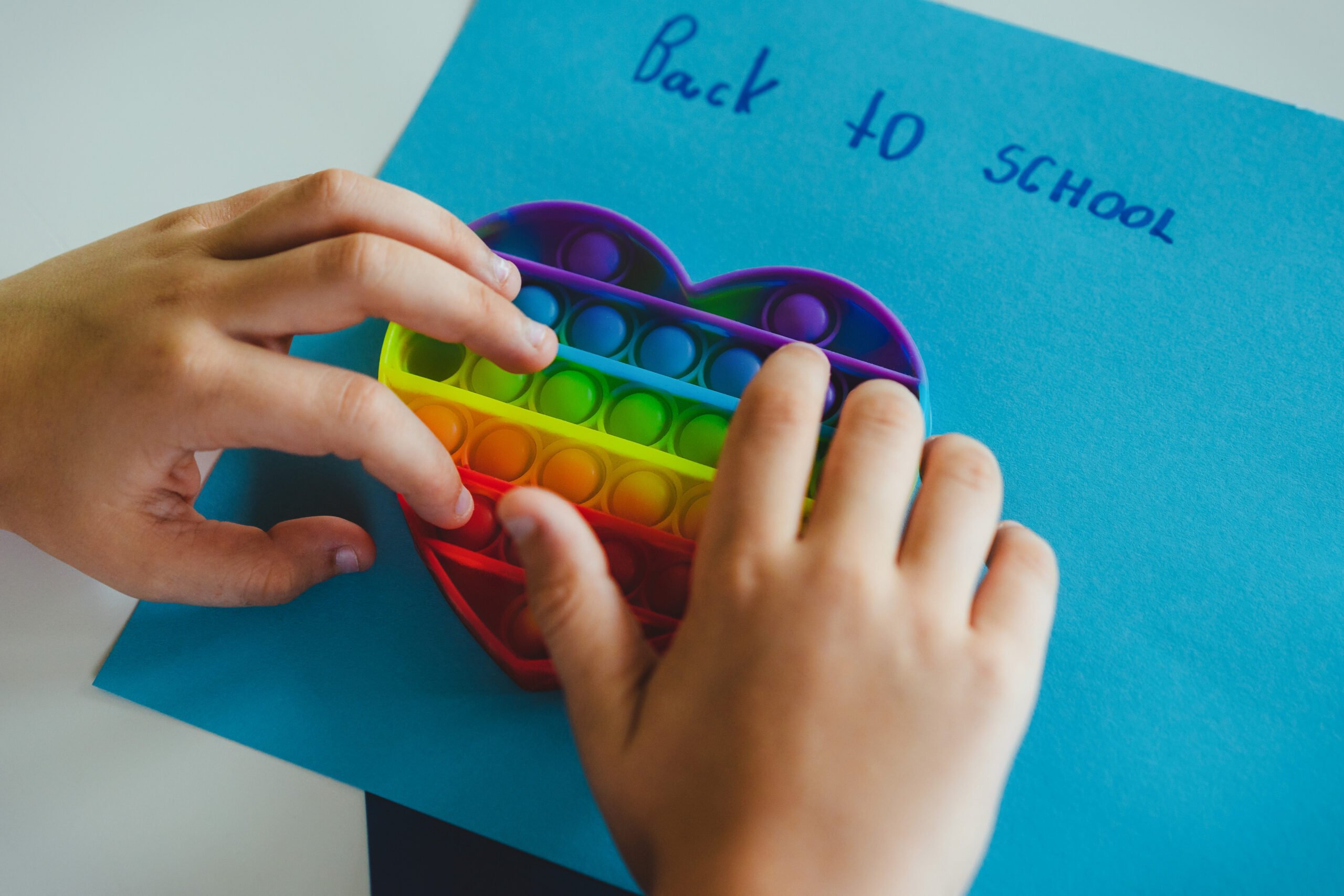
"Stress" balls and Pop-Its are actually used to help kids with ADHD stay focused. The balls also function as a reward for good deeds or excelling in schoolwork. “To encourage positive behavior, the teacher will let the children pick a prize like a stress ball from the 'prize box' or 'treasure chest' when they are 'caught' doing something good,” Griffin says.
